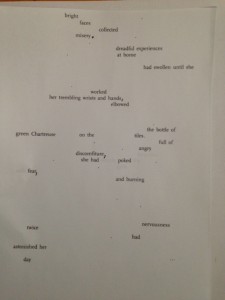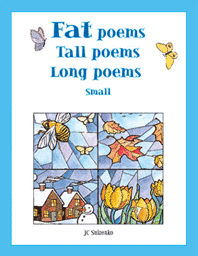When Silver Birch Press (SBP) featured Garnet Weiss’s “After ignorance, blessings” in its Same Name Series, it gave her the chance to mark how as an undergrad she ‘bumped’ into Leonard Cohen at university and how she evolved into a devoted fan. Here is the link:https://silverbirchpress.wordpress.com/2016/01/21/after-ignorance-blessings-poem-by-a-garnett-weiss-same-name-poetry-and-prose-series/
Given his passing yesterday at 82 and having seen a clip from the media conference at the September release of his last CD where he explained he was ready for death but rather would ‘live’ forever (and he will), it feels appropriate to republish that poem in his honour here.
After ignorance, blessings
Without much prompting, I return to that moment fifty years ago,
while we waited together for a book on reserve at college.
The librarian bellowed out my last name.
We both stepped forward, lightly bumping hips.
Shy as a virgin, I felt heat rush to my face
as the man at the desk glared through thick lenses.
“Leonard,” he harrumphed, dismissing me.
Just then, I realized who you were.
So did the other undergrads, the spectator chorus,
who stared as though it was my fault to carry
the same family name.
I bowed my head, rejoined their line.
Even as poems and songs brought you more fame,
I didn’t become a fan, though I recognized
some tunes, knew bits of lyrics from the CDs
my mother listened to every day till she died.
But after you had to come down from the mountain
‘cause someone had stolen away with your wealth,
after you started to tour, that’s when I fell for you.
I saw you perform live a first time, then again, and again,
just to hear you sing of love and loss and longing in that voice,
its low-growl purr seductive as the melodies that play in my mind.
Which is how I’ve come to regret having no kinship with you
either in blood or in the way you make your music turn words
into a benediction.










Comments about A. Garnett Weiss’s winning centos in The Banister Niagara Poetry Anthology
For the second time, Garnett’s centos took top honours in The Banister, the annual anthology featuring “ an eclectic mix of Ontario voices,” in the words of Poetry Chair Keith Inman.Here’s what award-winning poet and author Keith Garebian, who judged the entries, wrote: ” Never mind the first unicorn is an expert cento—a form that is a level ahead of the found poem as a poetic mode because its inspiration comes from multiple poetic sources. For a good cento, the poet’s mind must never merely wander across quotations. It needs to keep a firm focus on unity of theme, tone and rhythm—which this one does superbly, using surprising images in order to channel the poet’s melancholy reflection.”
“I am most grateful to Keith Garebian for these comments, which align closely with what I set out to accomplish in each cento I compose, “ Garnett noted. “I find joy in this form of poetry, Though considered by some poets and editors as ‘experimental,’ writing centos has become my mainstream.”
Never mind the first unicorn received second prize. Honourable mentions went to We lie down in each other, we lie down alone, and to The only song I know.
Garnett’s cento Nothing is eternal. Not even the trees won the 2013 contest judged by Gregory Betts. He also awarded honourable mentions to Against a guttering candle, written dreams and to Psyche.
Share this: